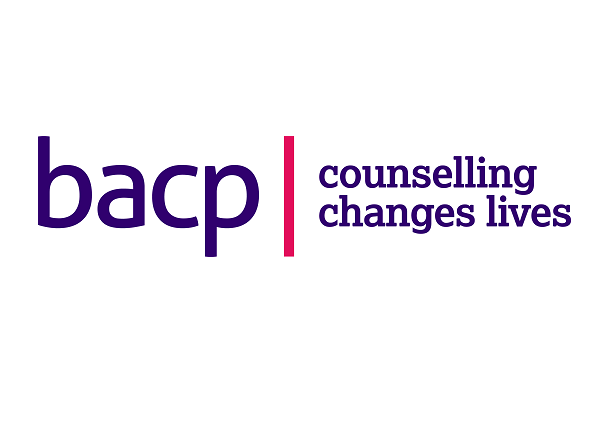
Parenting Support Therapy in Wimbledon, Queens Park & Online
Pulled between being a parent and being yourself?
Everything feels like a battle – even bedtime?
Loving your children, but left drained and doubting yourself?
Parenting Support Therapy: When love and overwhelm collide
Parenting is deeply rewarding -but it can also feel relentless. You might be navigating tantrums, mismatched expectations, exhaustion, guilt, teenage expectations, or shifting rhythms at home that feel harder to settle as the kids grow or circumstances change. These aren’t signs of failure. They’re signals that you need care, clarity, and space to reconnect – with yourself, your child, and what brought you here.
At The Village Clinic, we see this, and you. If you’re wondering what to expect before starting, see our Fees and learn how to begin with our Getting Started guide.
In plain terms:
Parenting struggles often come from relentless stress, conflicting expectations, or emotional overload that leave you wired, reactive, or numb. Maybe bedtime feels like negotiation warfare. Or you’re stuck in loops of guilt, “I’m doing it wrong”, or numbness, “I barely notice joy anymore”.
Typical signs include:
- Daily routines that feel overwhelming, even small ones (like dinner or bedtime)
- Chronic guilt, comparison, or a sense that you’re failing your child or yourself
- Emotional depletion or snap-reactions followed by regret
- Numbing out – through screens, busy schedules, or disconnection
- Struggling to hold loving boundaries – or withholding affection to hold them
- Losing sight of who you are beyond “parent” – what energises you, how you rest, what your needs are
Questions first? See our FAQs
Our integrative relational work is guided by Veronika Kloucek, Clinical Director and UKCP & BACP Senior Accredited Psychotherapist, ensuring therapy is grounded in clinical experience and authentic human care.
Parenting Support That Goes Deeper
Therapy doesn’t “fix” your children – it attends to you, the parent, so you can rediscover steadiness, self-compassion, and clarity in how you’re with them – and yourself.
In Integrative Relational Therapy, we look beyond surface exhaustion to the weight you carry: the unspoken expectations, the emotional load, and the family patterns you may have absorbed without realising. Change happens not through quick fixes, but by building awareness of how you relate, finding emotional attunement, and working at a pace that feels possible within the reality of family life.

Therapy Provides Space To:
- Unravel overwhelming patterns – like reacting with frustration, guilt, or numbness – and begin shifting them
- Rediscover your calm, pause before reacting, and choose responses aligned with your values
- Understand how your childhood, expectations, or cultural pressures shape your parenting style
- Hold boundaries without guilt, and repair when things go sideways
- Reconnect with parts of yourself—creativity, rest, meaning – that nurture you beyond responsibility
Our approach
Flexible, emphatic, grounded in real life—not perfection. Here’s what therapy might include:
- Co-creating strategies that fit your rhythm (not a checklist of “shoulds”)
- Slowing down enough to notice how your body responds to overwhelm – and shifting it, not just thought
- Naming internal scripts (“I must be perfect,” “If I stop, everything fails”) that fuel guilt or exhaustion
- Practising small shifts, pausing before reacting, carving out self-care that resonates
- Exploring empathy – not just for your children, but for yourself: how did parts of you learn to survive?
Your Questions, Answered
Yes. While mothers often experience the most direct postnatal challenges, partners and fathers can struggle too – or need support understanding what their loved one is going through.
Yes. Even if you’re “managing,” therapy can help you feel present, connected, and more alive – not just getting by.
Yes. We’ll help you hold clarity and calm amid change, finding language and boundaries that protect both your children and you.
Some ups and downs are expected after birth. But if your low mood, anxiety, or detachment feel persistent or overwhelming, therapy can help you find steadier ground.
Yes. Talking therapy is safe throughout pregnancy. It can be a valuable space to prepare for birth and the transition to parenthood.
Ready to Start Your Journey?
Learn what a first session looks like and how we can help you.





